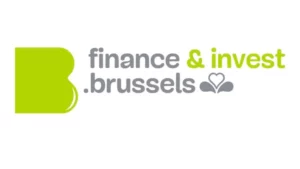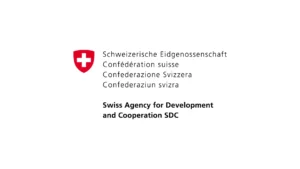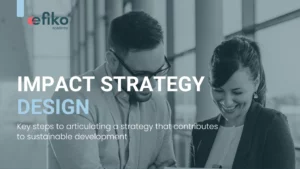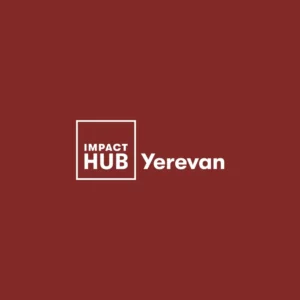From 'Surviving' to 'Thriving' with Green Skills
The COVID-19 pandemic, despite its drawbacks, led to a positive transformation in the workplace known as ‘The Great Reshuffle.’ Initially, lockdowns caused a spike in resignations, but workers used this opportunity to reconsider their careers, prioritizing work-life balance and ethics. As we approach the pandemic’s end, we face a crucial decision: to implement the changes we desire, shifting from ‘survival’ to ‘thriving’ with a focus on social and environmental impact.
Understanding our priorities is vital. The global climate crisis is gaining political and public attention. It poses a dual threat, jeopardizing biodiversity and affecting societies, particularly in developing nations. Addressing this environmental crisis ranks as a top climate and social concern. This is where “green skills” or impact skills come into play. Green skills promote economic sustainability, both environmentally and socially, fostering green jobs and contributing to climate goals. Encouraging workers to develop and reinforce these skills is key to driving the desired transformation.
A Growing Increase and Demand for Impact Skills
The rising demand for environmentally beneficial outcomes has given rise to a growing market for “green jobs,” emphasizing the imperative for upskilling workers to meet climate objectives. While the trend of hiring individuals with green skills has been steadily growing for years, so too has the number of people developing these skills. However, it’s clear that mere growth in the number of skilled individuals is insufficient. The focus must shift towards “green skill intensity,” defined as the degree to which countries, industries, and jobs apply these skills.
Despite a surge in interest and efforts to hire individuals with green skills, a noticeable gap persists between supply and demand. In essence, there’s a higher demand for employees with these skills than there are individuals capable of filling these roles.
The skills gap may not solely stem from a lack of motivation among employees to develop these skills. Recent statistics on employee motivations suggest that the issue lies elsewhere—specifically, in the absence of well-recognized, inclusive, and accessible opportunities for acquiring critical impact skills. It’s crucial that teaching opportunities for impact skills be accessible worldwide, as addressing climate change and inequalities requires empowering those closest to the challenges. Additionally, these opportunities should grant credentials acknowledged by employers as proof of skill and ability. This approach ensures that investing in the development of impact skills leads to improved employment prospects and personal growth, transcending geographical and economic boundaries.
Green Skills and Efiko Academy
Efiko Academy has identified a promising solution to overcome this challenge and break the cycle. The high demand for green skills is a clear indication that people are increasingly aware of their environmental and social impact, and the desire to invest in teaching these skills is strong. The solution is straightforward: invest in human capital and upskill yourself or your employees to bridge this gap and accelerate the achievement of climate targets. So, why haven’t you started yet?
At Efiko Academy, our mission is to provide accessible training that empowers individuals in key sustainability and social impact areas, all delivered by renowned experts. We also prioritize community and connection. When you join our learning cohort, you gain access to our social networking platform and have the opportunity to connect with like-minded impact-makers in the industry.








